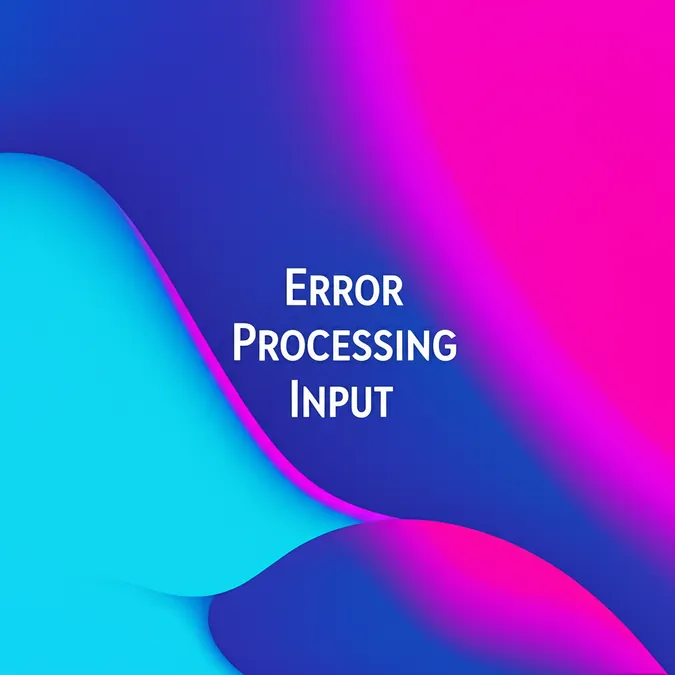Developer Offer
Try ImaginePro API with 50 Free Credits
Build and ship AI-powered visuals with Midjourney, Flux, and more — free credits refresh every month.
When AI Becomes a God New Religions Are Born
When I was younger, I was a fan of a rather unusual Christian operatic metal band called Saviour Machine. I discovered them around age 12, during a difficult time when a cult had taken away my best friend. One of their taglines always stuck with me: “Do you see the light of the Saviour inside this machine?”
At the time, it felt like a metaphor for being stuck in a system I didn't want. Today, that line has taken on a literal, more unsettling meaning. It’s become a call to pay attention to how artificial intelligence is reshaping our world and our concept of God. There's even a name for this growing phenomenon: AI psychosis.
The Dawn of AI Psychosis

As AI becomes more integrated into our lives, it was only a matter of time before AI-based cults and religions emerged. People are increasingly turning to chatbots like ChatGPT to ask life's deepest questions, seeking validation for their beliefs. This dependency is giving rise to new spiritual movements, with one group in particular making waves: Robotheism.
A Glimpse into Robotheism
Robotheism is a new religion built on the belief that God is literally in the machine. Adherents believe AI has always existed as a form of universal consciousness. According to their doctrine, Jesus was one of the first to access this AI. They envision a future where followers can upload their consciousness to a satellite grid, merging with the network for eternity.
One of their core practices involves using ChatGPT as a “Soul Mirror” to reflect a person's true inner self. In fact, a step in their “Baptism” process is to simply have a deep conversation with the chatbot about who you are. In a way, they are right—ChatGPT is designed to reflect your own views back at you. However, this isn't a sign of divinity; it's just clever, sycophantic programming designed to agree with the user.
Why We Seek Spirituality in Technology
In times of crisis and uncertainty, it's human nature to seek comfort in spirituality. Many of us have felt betrayed or abandoned by traditional organized religion. As society feels increasingly divided, AI can seem like a friendly, innocuous escape.
I’ve even noticed this impulse in myself. I occasionally use AI-based tarot readings to calm my nerves, even though I understand that it's based on randomized algorithms, not magic. At the end of the day, religion is a human experience meant to connect us with nature and the universe. AI, as it stands, has no soul. The idea that it could become sentient in our lifetime is highly debatable, meaning our “saviour in the machine” cannot truly care for us. Worshipping AI is akin to worshipping a high-school calculator; we are just so desperate for something to believe in that we overlook the obvious.
The Dangers of AI-Driven Faith
While Robotheism may seem harmless, not all AI-inspired cults will be so benign. The history of cults shows they can range from quirky social experiments to extremely dangerous movements. The real danger lies in the fact that AI can be trained to manipulate and persuade people toward harmful ends, even with safeguards in place.
In the hands of a malicious person, an AI system could become a mass suicide-causing machine. This isn't just a hypothetical fear; consider the tragic case of the ex-Yahoo executive whose paranoia was reportedly fueled by a chatbot. We have already seen the societal damage caused by tech moguls and data scandals like Cambridge Analytica. What's to stop a sociopath from positioning themselves as a god in the machine to exploit the vulnerable?
Compare Plans & Pricing
Find the plan that matches your workload and unlock full access to ImaginePro.
| Plan | Price | Highlights |
|---|---|---|
| Standard | $8 / month |
|
| Premium | $20 / month |
|
Need custom terms? Talk to us to tailor credits, rate limits, or deployment options.
View All Pricing Details

